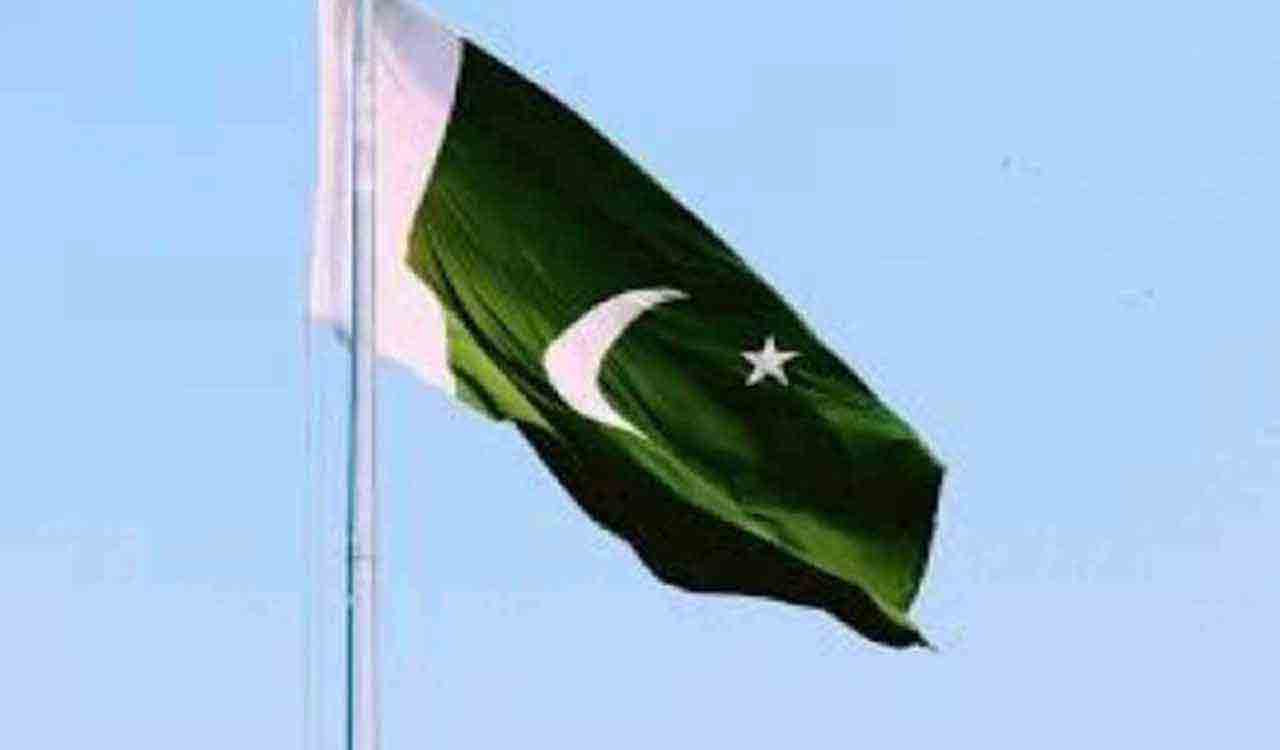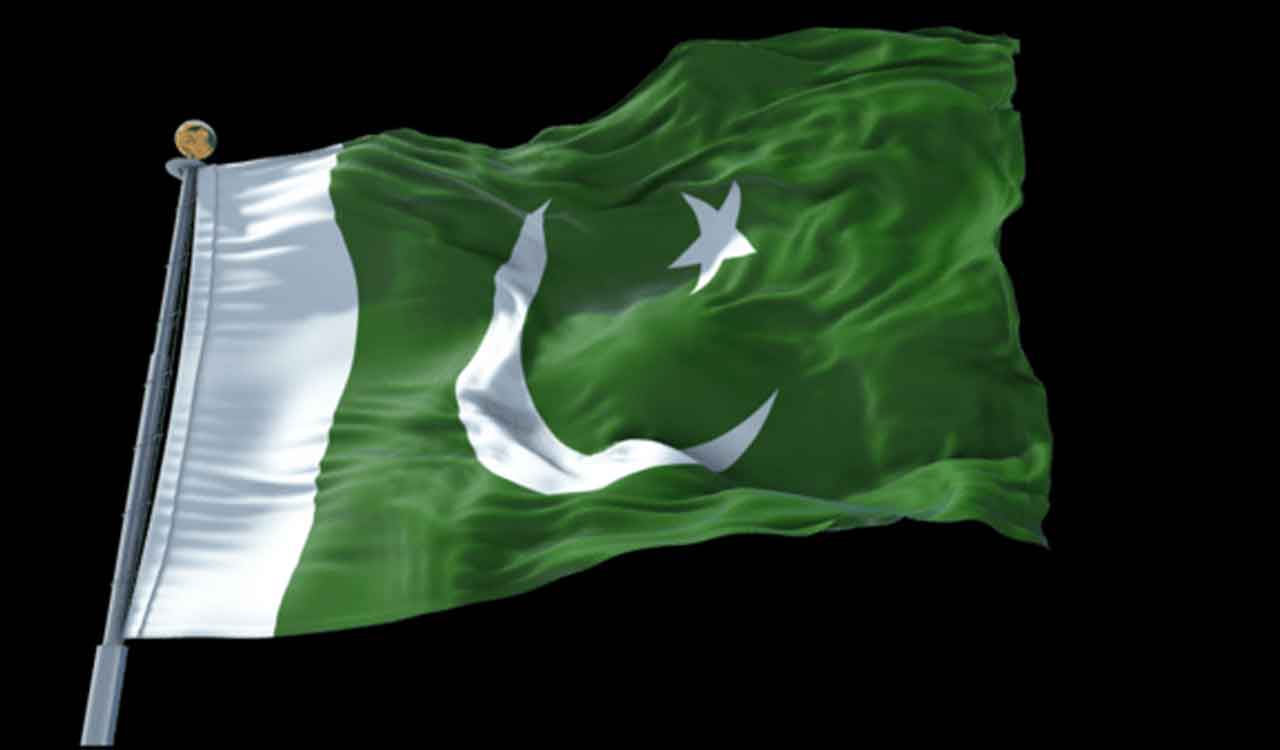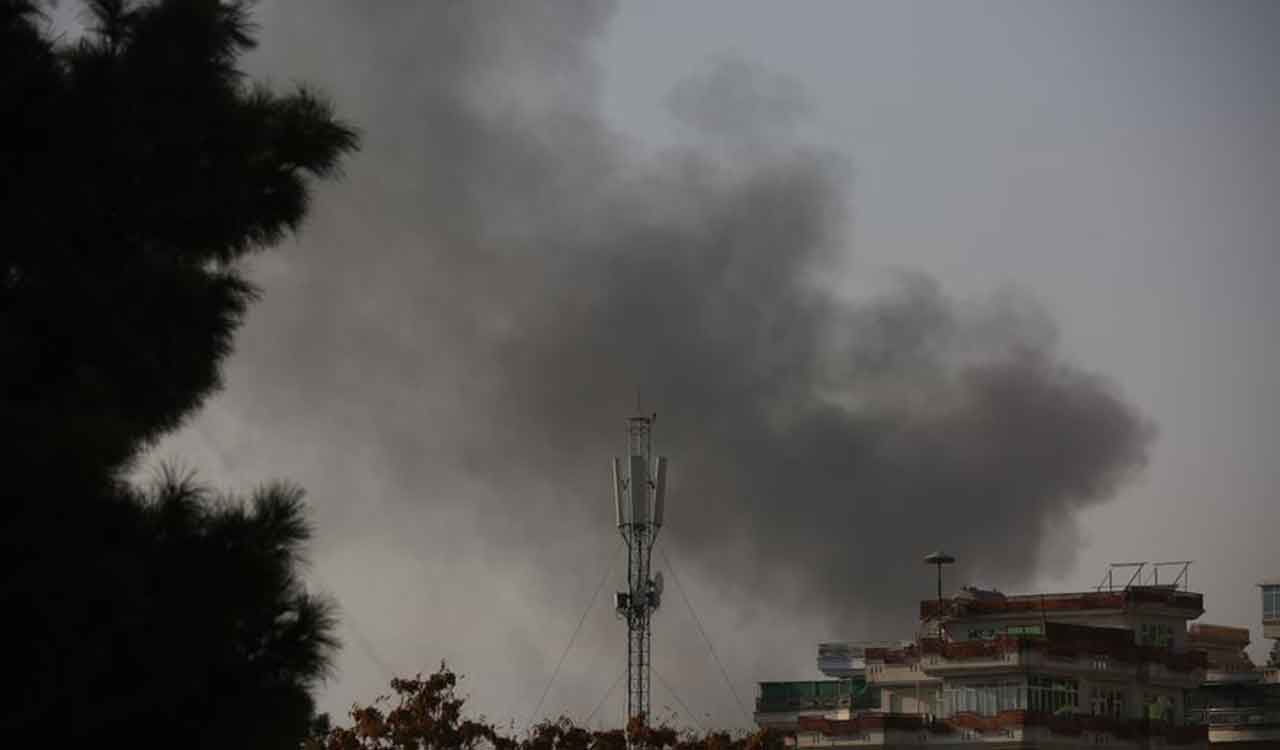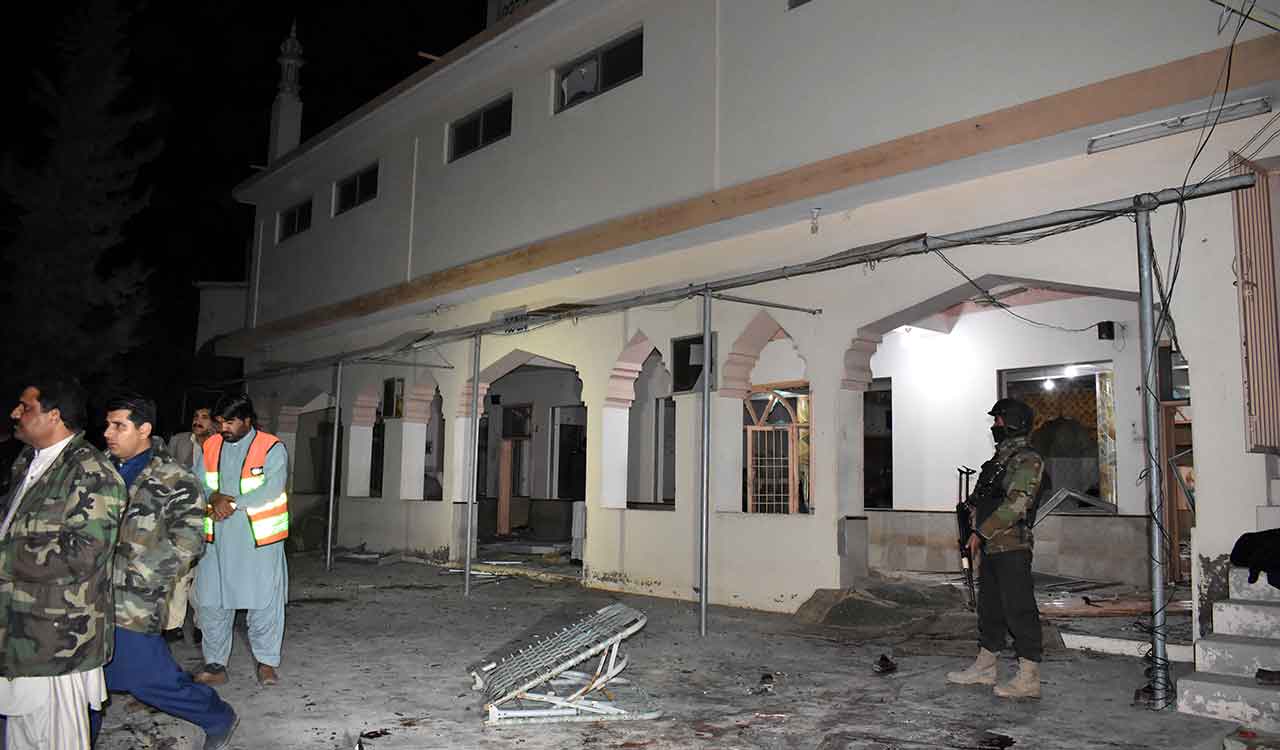Crisis-hit Pakistan strikes USD 3 billion bailout deal with IMF
IMF has agreed to inject USD 3 billion into the country's ailing economy after months-long negotiations that pushed it to the brink of default

Islamabad: In a major relief to cash-strapped Pakistan, the IMF has agreed to inject USD 3 billion into the country’s ailing economy after months-long negotiations that pushed it to the brink of default.
The Pakistan government and the Washington-based global lender reached a nine-month Stand-By Arrangement (SBA) on Thursday to support the authorities’ immediate efforts to stabilise the economy from external shocks.
Also Read
Pakistan’s is facing its worst economic crisis since independence from Britain in 1947. The country’s economy has been in a free fall mode for the last many years, bringing untold pressure on the poor masses in the form of unchecked inflation, making it almost impossible for a vast number of people to make ends meet.
Prime Minister Shehbaz Sharif on Friday said that Staff-Level Agreement with the International Monetary Fund would help strengthen Pakistan’s foreign exchange reserves and enable the country to achieve economic stability.
“I am pleased to announce that Pakistan has reached a Staff-Level Agreement with the IMF on a nine-month USD 3 billion Stand-By Arrangement,” he wrote on Twitter.
The deal, which still needs to be approved by the IMF’S board, comes after an eight-month delay.
Earlier, Nathan Porter, the IMF’s Mission Chief to Pakistan, said a staff-level agreement with the Pakistani authorities on a nine-month Stand-by Arrangement (SBA) in the amount of SDR 2,250 million (about USD 3 billion or 111 per cent of Pakistan’s IMF quota) has been signed.
“The new SBA builds on the authorities’ efforts under Pakistan’s 2019 EFF-supported programme which expires at the end-June. This agreement is subject to approval by the IMF’s Executive Board, which is expected to consider this request by mid-July,” the statement added.
Finance Minister Ishaq Dar shared the IMF’s press release on Twitter accompanied by a message: “God may be praised”, Planning Minister Ahsan Iqbal called it “good news” and urged them to use the opportunity to turn around the country.
The USD 3 billion funding, spread over nine months, is higher than expected for Pakistan. The country was awaiting the release of the remaining USD 2.5 billion from a USD 6.5 billion bailout package agreed in 2019, which expires on Friday.
“The new SBA will support the authorities’ immediate efforts to stabilise the economy from recent external shocks, preserve macroeconomic stability and provide a framework for financing from multilateral and bilateral partners,” the statement said.
The full and timely implementation of the programme will be critical for its success in light of the difficult challenges, it said.
The statement said that Pakistan’s Parliament approved the FY24 budget “in line with the goals of supporting fiscal sustainability and mobilising revenue, which will enable greater social and development spending”.
Pakistan had to bend back to limits to get the loan as the fund put forward tough conditions and refused to budge until the government fulfilled them.
Ultimately Prime Minister Sharif had to intervene who had several interactions with IMF Managing Director, Kristalina Georgieva to persuade the lender to approve the deal.
Pakistan’s annual inflation rate hit a fresh record high in May of almost 38 per cent. Deadly clashes between supporters of Pakistan’s former prime minister Imran Khan and police have also rattled financial markets.
Pakistan had been barely managing its external liabilities as its foreign reserves hovered around USD 4 billion while experts warned of default in coming months. With the IMF approving its policies, the country will get access to multilateral and bilateral loans to build its reserves and plan for a long time.
The country’s economy has faced several challenges in recent times, including devastating floods last year and commodity price hikes following the war in Ukraine.
Over 1,500 people were killed last year during floods in Pakistan that destroyed millions of homes, wiped out swathes of farmland, and caused billions of dollars in economic losses.
Related News
-
Pak joins 13 other nations in condemning US ambassador’s remarks on Israeli expansion in West Asia
-
Pak strikes seven terrorist hideouts in Afghanistan after recent rebel attacks
-
Pakistan: Religious scholars call for resolving Balochistan’s issues through dialogue
-
After ‘all talk’ jibe, Pakistan Army signals curtains for Mohsin Naqvi
-
Keralam: Kerala’s name change rooted in history and language
2 hours ago -
Shreyanka Patil says it was a difficult phase to miss competitive cricket
2 hours ago -
Senior Nationals 2026: Ajay Thakur calls it India’s biggest kabaddi stage
2 hours ago -
Sale of tickets for ICC Men’s T20 World Cup semifinals and final goes live
2 hours ago -
ICC Women’s T20 World Cup 2026 schedule confirmed
2 hours ago -
Kerala to be renamed Keralam: Union Cabinet
2 hours ago -
Sports briefs: Fine show by AMF para cyclists
2 hours ago -
Pundir century and Yawer 88 give Jammu & Kashmir edge over Karnataka in Ranji final
3 hours ago




